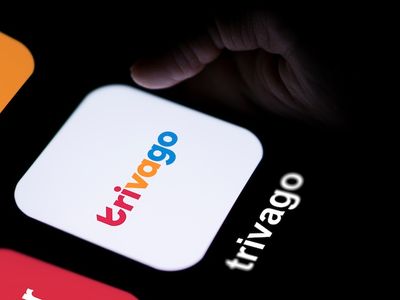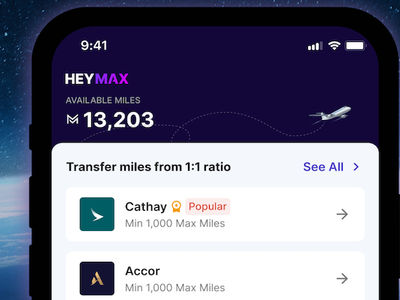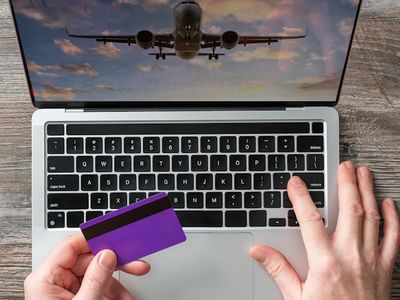Search our vast library for research across the entire travel, tourism and hospitality industry.
Not an Open Access subscriber? Phocuswright's Customer Concierge team can customize a research bundle to fit your needs. Find out more here.
242 Results

ReportGlobal Short-Term Rentals 2025
Published: May 2025
Phocuswright’s Global Short-Term Rentals 2025 presents market sizing and projections for the global...
Report

ReportSpain Travel Market Brief 2025
Published: April 2025
This publication provides access to critical, top-level takeaways of for the Spain travel market,...
Report

ReportEurope Travel Market Report 2025
Published: June 2025
This report series features six key markets in the Europe travel market: France, Germany, Italy,...
Report

ReportShifting Slopes: Navigating the Future of Mountain Travel
Published: March 2025
Shifting Slopes: Navigating the Future of Mountain Travel, provides unprecedented insight into the...
Report

ReportU.S. Short-Term Rentals 2025: Guest Attitudes and Decision Making
Published: April 2025
Phocuswright’s U.S. Short-Term Rentals 2025: Guest Attitudes and Decision Making is part of a...
Report

ArticleEvolution of Hotel Distribution: History and Background
Published: December 2024
This overview examines how business structures, technology and distribution strategies in the hotel...
Article

ArticleThe New Age(nts): Impact of Generative AI on Company Operations
Published: March 2025
The New Age(nts) Trend Series is a series of online conversations hosted by Phocuswright exploring the...
Article

ReportU.S. Short-Term Rentals 2025: B2B Technology and Distribution Landscape
Published: March 2025
Phocuswright’s U.S. Short-Term Rentals 2025: B2B Technology and Distribution Landscape is part of a...
Report

ArticleCanada Travel Agency Highlights 2025
Published: March 2025
Canada Travel Agency Highlights 2025 is a curated research snapshot, focusing on the Canadian travel...
Article

ArticleTravel Metric of the Month 2025
Published: December 2025
Phocuswright’s Travel Metric of the Month 2025 features fresh travel industry research published...
Article


.png?tr=w-400%2Ch-300%2Cfo-auto)








